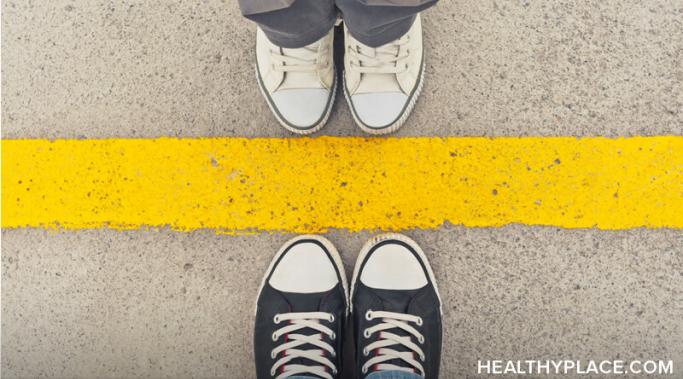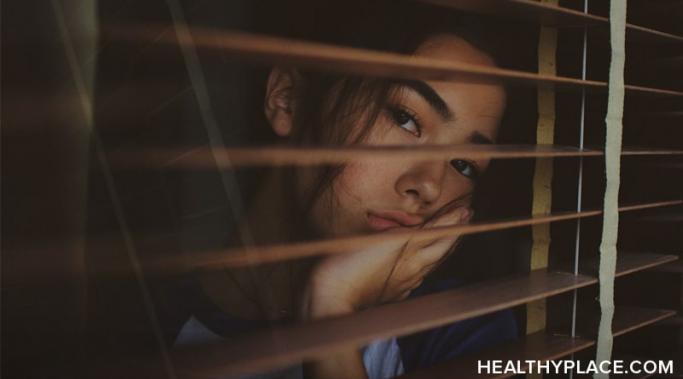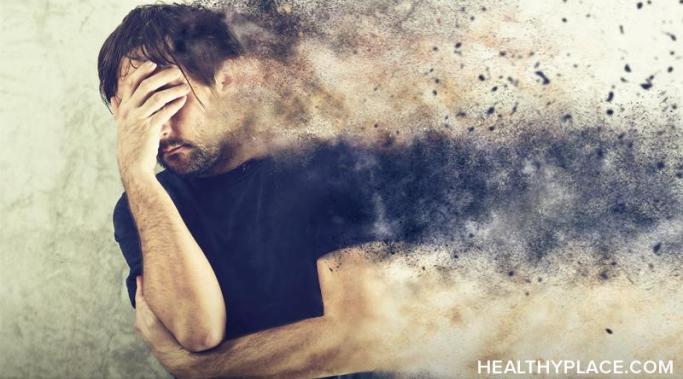Forming healthy relationships in early recovery from alcoholism is tricky. If you go the route of inpatient treatment or Alcoholics Anonymous (AA), you'll soon learn the phrase "people, places, and things." Much of that boils down to avoiding people from your active addiction to help you stay sober. So, how does someone new to recovery approach forming healthy relationships and avoid ones that may lead back to alcoholism and addiction?
Relationships - Debunking Addiction
Writing has always been a healthy outlet for me to process and express my feelings. I have been writing since I was a young girl, and it has helped me through some of the darkest periods in my life. Throughout my time writing for HealthyPlace, I have had some incredible personal breakthroughs and have been able to connect with many others who battle similar demons. However, my path has taken me in a different direction, and I am saying a final goodbye to my readers within the "Debunking Addiction" blog.
I've been in recovery for years now, and it never ceases to amaze me how impactful and effective a supportive community can be when fighting your addictions. Maintaining a close-knit community throughout 2020 has been especially challenging due to the highly infectious disease of COVID-19 and so many groups and gatherings being highly limited or canceled altogether. Because of this unfortunate turn of events, recovering addicts are forced to be extra creative and intentional in order to hold themselves accountable and seek support in their communities.
In my experience, there is a monumental difference between healthy, relational sex and addictive, compulsive sexual behavior. As a recovering sex addict, I have witnessed firsthand the detrimental impacts of using sex as a means to cope with or numb your emotions. Some might believe that habits such as this are harmless and merely a rite-of-passage for most young adults, but I am here to tell you that unhealthy sexual behaviors do not have to be your normal way of life. You can willfully choose a different path and intentionally decide to utilize sex in a healthy way.
Abandonment issues are probably more common than one would expect, especially for recovering addicts. The fear of abandonment, attachment issues, a history of bad breakups, a difficult family dynamic, and many more unfortunate circumstances can all lead to a disdain for abandonment. In my addiction recovery, I have noticed that the real or perceived feelings of abandonment can lead to some really challenging addiction triggers for me.
When you consider how sex addiction might impact a marriage, some might believe that the effects would be more positive than negative. However, after being married for a couple of years now and actively fighting through sex and pornography addiction, I can tell you that is not always the case.
If you're anything like me, family might be a touchy subject for you or possibly even an addiction trigger depending on your family's level of dysfunction. Childhood trauma, emotional gaslighting, and psychological abuse are all possible factors when determining a family's dysfunctional nature. For some individuals who endure these experiences as an adolescent, it can possibly lead to a life of addiction, mental health concerns, or for some a life of crime and incarceration. In my experience, the difficulties I have faced with my dysfunctional family certainly impacted the probability of my addiction and mental health diagnosis; and even many years later, I've learned that my family can be a huge trigger for me.
To my knowledge, generational addiction has impacted both sides of my family for at least four generations. Specifically, alcoholism and its devastating effects have weighed heavily on three of my four grandparents.
In addition to eventually developing my own addictions, I also grew up in a home with an addicted parent. I rarely spoke about my mom's addiction history when I was young because of the shame that frequently followed those conversations. As I grew older and developed a few less than desirable habits of my own, I thankfully found some compassion for my mom and the struggles that surrounded her.
Maintaining control in the crisis of COVID-19 feels nearly impossible for most, especially recovering addicts. How can recovering addicts regain control and composure, even in the small things, as we face this crisis one day at a time?









